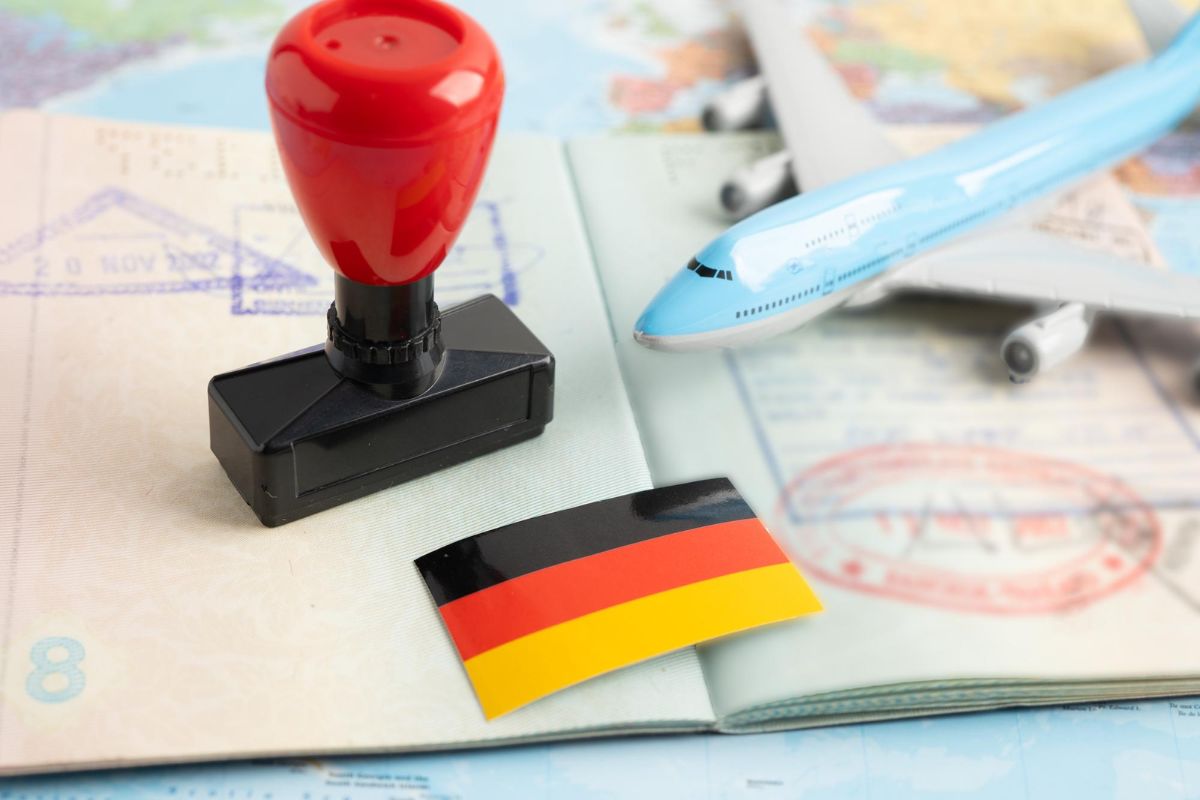If you’re planning to travel around Europe anytime soon, there’s a key update you should be aware of. Germany has decided to continue its internal border checks until March 2026, and it’s not the only country doing this.
Which Countries Are Affected?
Germany is not alone. Several other Schengen countries have also extended internal border controls, currently set to remain in place until late 2025. These countries include:
- Germany – Until March 2026
- Austria
- Denmark
- France
- Italy
- Netherlands
- Norway
- Poland
- Slovenia
- Sweden
The exact end dates vary, running between September and December 2025 and are listed in this article.
What This Means for Travellers
Here’s the thing: the Schengen Area is supposed to let people travel freely without border stops. But in some countries, border guards are back. If you are traveling in any of these countries, you should:
- Always carry a valid passport or national ID card.
- Expect possible delays at road, rail, and airport crossings.
- Pay attention to the 90-day limit for visa-free stays within the Schengen zone. Overstaying can lead to penalties.
Why Are These Border Checks Still Happening?
Normally, internal border checks aren’t allowed in the Schengen Zone because they slow down movement and affect trade and tourism. But countries can bring them back for security or health reasons, and that’s exactly what’s been happening.
These checks have been around in some form since 2015, mostly tied to concerns about migration, public safety, or terrorism.
What’s Changed Recently?
In mid-2024, the EU updated its Schengen Border Code, making a few important changes:
- It now allows for EU-wide travel limits during major public health emergencies (like pandemics).
- It gives clearer rules on how and when EU countries can bring back border checks.
- It lets countries shut down or limit border crossing points and step up border surveillance if needed.
Final Thoughts
If you’re heading to Europe or planning to travel between Schengen countries, don’t assume borders are completely open. Stay updated on local rules, carry your ID or passport, and track your 90-day allowance if you don’t need a visa.
These changes aren’t stopping travel, but they might slow things down, especially near borders. Plan ahead, stay informed, and don’t forget the small stuff. It can save you a lot of trouble at the crossing point.
Follow and connect with us on Facebook, Twitter, LinkedIn, Instagram and Google News for the latest travel news and updates!
